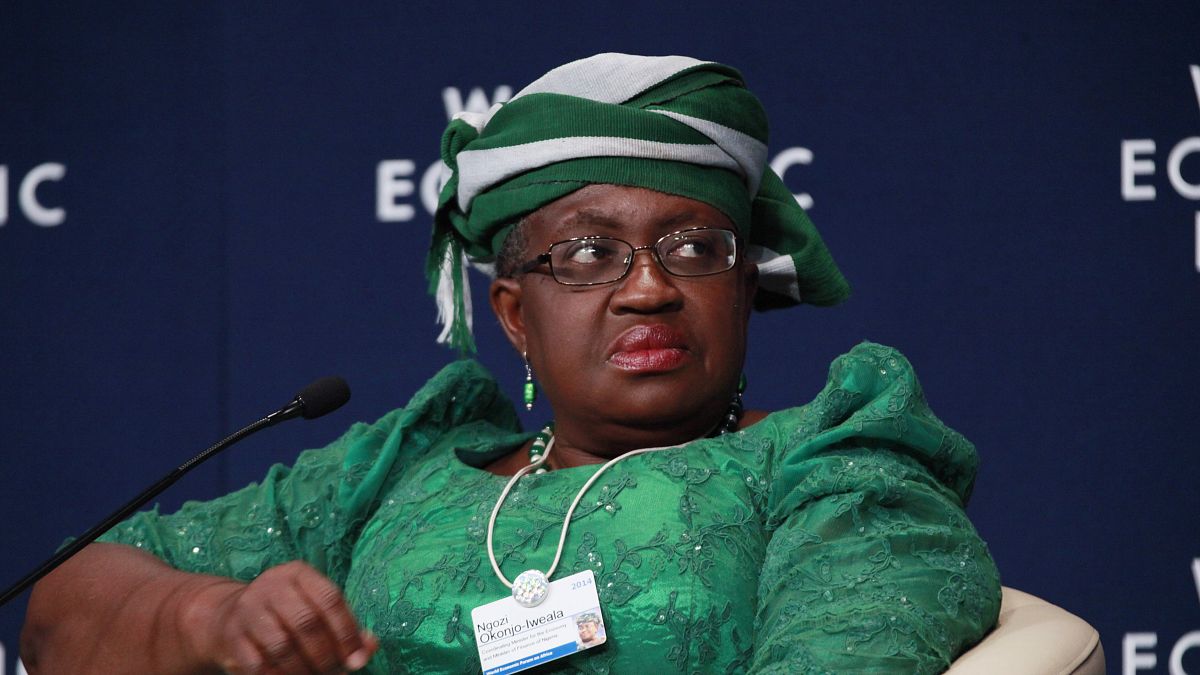Ngozi Okonjo-Iweala, the former Nigerian minister of finance, was appointed on Monday to run the World Trade Organization.
Ngozi Okonjo-Iweala, the former Nigerian minister of finance, was appointed on Monday to head the leading international trade body as it seeks to to resolve disagreements over how it decides cases involving billions in sales and thousands of jobs.
The 66-year-old was appointed director-general of the World Trade Organisation by representatives of the 164 member countries, according to a statement.
"Our organisation faces a great many challenges but working together we can collectively make the WTO stronger, more agile and better adapted to the realities of today,” she said.
Her first priority will be addressing the consequences of the COVID-19 pandemic and to “implement the policy responses we need to get the global economy going again.”
The appointment came after US President Joe Biden endorsed her candidacy, which had been blocked by former President Donald Trump.
Biden's move was a step toward his aim of supporting more cooperative approaches to international problems after Trump's “America first” approach that launched multiple trade disputes.
But unblocking the appointment is only the start in dealing with trade disputes launched by Trump, and in resolving US concerns about the WTO that date to the Obama administration. The US had blocked the appointment of new judges to the WTO's appellate body, essentially freezing its ability to resolve extended and complex trade disputes.
US argues WTO is 'slow-moving' but reverses opposition to Okonjo-Iweala
The US government has argued that the trade organisation is slow-moving and bureaucratic, ill-equipped to handle the problems posed by China's state-dominated economy and unduly restrictive on U.S. attempts to impose sanctions on countries that unfairly subsidise their companies or export at unusually low prices.
Earlier this month, the Biden administration reversed Trump's opposition and expressed “strong support’’ for Okonjo-Iweala and saying she “brings a wealth of knowledge in economics and international diplomacy." She is the first African official and the first woman to hold the job.
Okonjo-Iweala, formerly Nigeria's finance minister, had a 25-year career at the World Bank, where she rose to the No. 2 position of managing director. She holds both US and Nigerian citizenship.
South Korean trade minister Yoo Myung-hee had withdrawn her candidacy, leaving Okonjo-Iweala as the only choice. Her predecessor, Roberto Azevedo, stepped down Aug. 31, a year before his term expired.
Trump repeatedly accused the WTO of unfair treatment of the US, started a trade war with China in defiance of the WTO system, and threatened to pull the United States out of the trade body altogether. Trump also imposed 25% steel tariffs that hit European allies on national security grounds, a justification that went beyond trade measures normally used within the WTO rules framework to address complaints about unfair trade.
So far, Biden has not said whether the US will unblock the appellate appointments, and he has not withdrawn the steel tariffs either, which are backed by U.S. steel industry and union groups.
The World Trade Organisation is an international body that deals with the rules of trade between nations. At its heart are the WTO agreements, negotiated among the bulk of the world’s nations and ratified in their legislatures.
